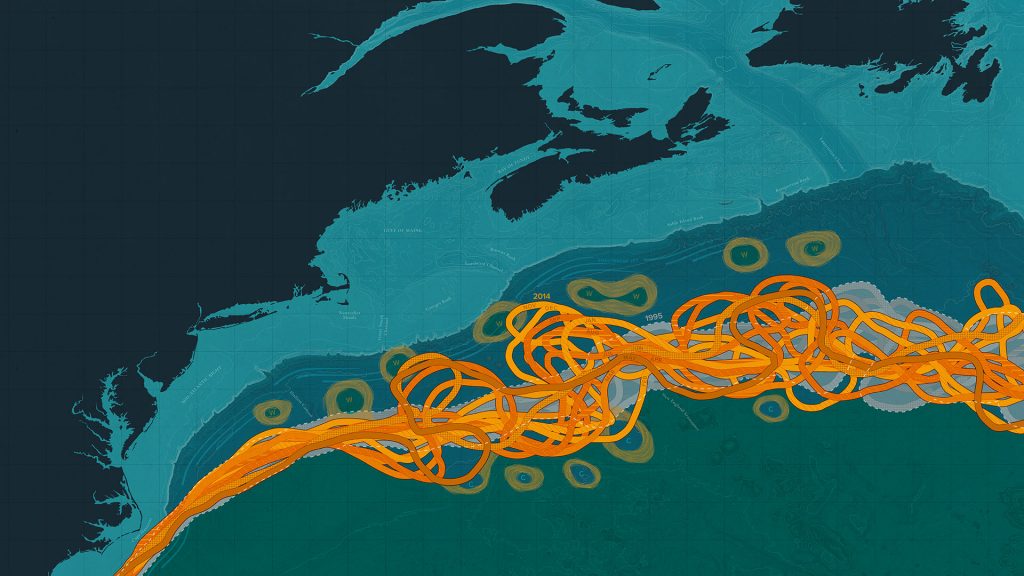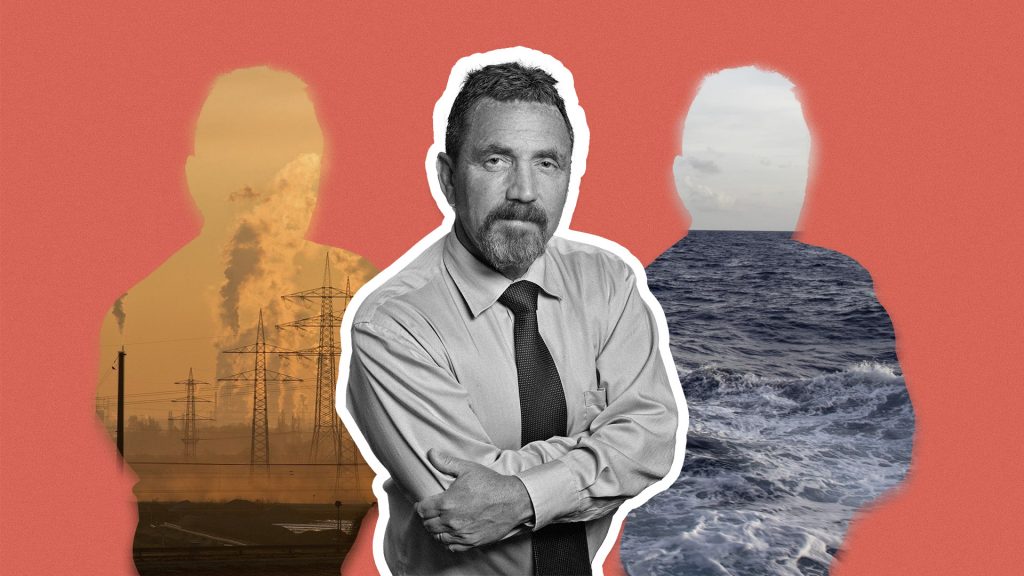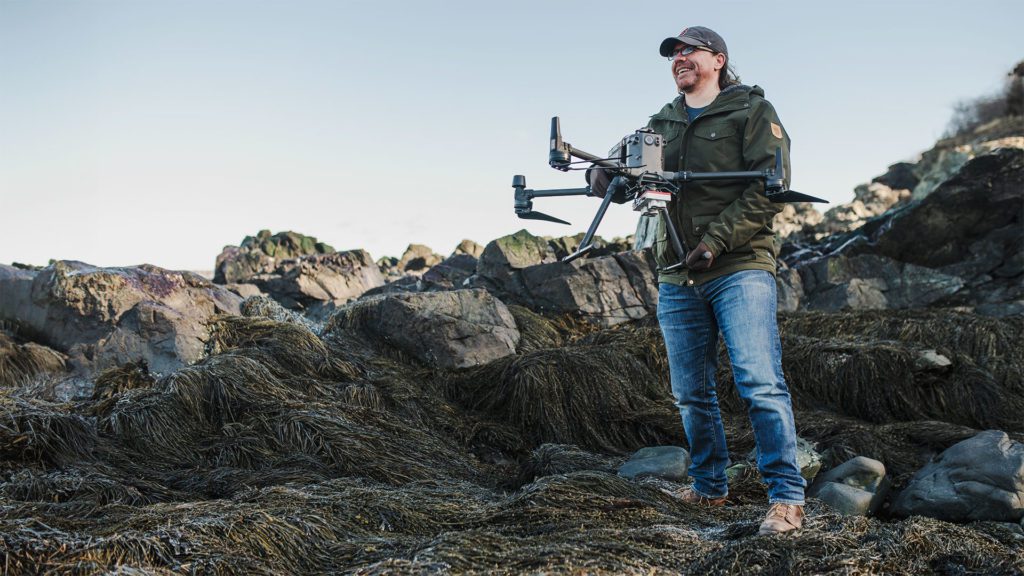Raising Awareness
News
NEWS RELEASES
Fossil Records Show Methane in Seafloor Sediments Released During Periods of Rapid Climate Warming
Scientists have found new evidence indicating that during periods of rapid climate warming methane gas has been released periodically from the seafloor in intense eruptions. In a study published in the current issue of the journal Science, Kai-Uwe Hinrichs and colleagues Laura Hmelo and Sean Sylva of the Woods Hole Oceanographic Institution (WHOI) provide a direct link between methane reservoirs in coastal marine sediments and the global carbon cycle, an indicator of global warming and cooling.
WHOI | OCEANUS
Publications
IN THE NEWS - RESEARCH HIGLIGHTS
Study offers first definitive proof that Gulf Stream has weakened
“New research from the Woods Hole Oceanographic Institution offers the first conclusive evidence that the Gulf Stream has weakened. The powerful ocean current off the East Coast influences regional weather, climate and fisheries, and the finding could have significant implications both for New England and the global climate.”
What Happens to Marine Life When There Isn’t Enough Oxygen?
In September of 2017, Woods Hole Oceanographic Institution postdoctoral scholar Maggie Johnson was conducting an experiment with a colleague in Bocas del Toro off the…
Maine’s having a lobster boom. A bust may be coming.
The waters off Maine’s coast are warming, and no one knows what that’s going to mean for the state’s half-billion-dollar-a-year lobster industry—the largest single-species fishery in North America. Some fear that continued warming could cause the lobster population to collapse. To understand what’s happening to the ecosystem of the Gulf of Maine, says Glen Gawarkiewicz, an oceanographer at Woods Hole Oceanographic Institution, in Massachusetts, you have to look beyond it—see how it’s affected by the atmosphere, ocean currents, and rivers that flow into it.





